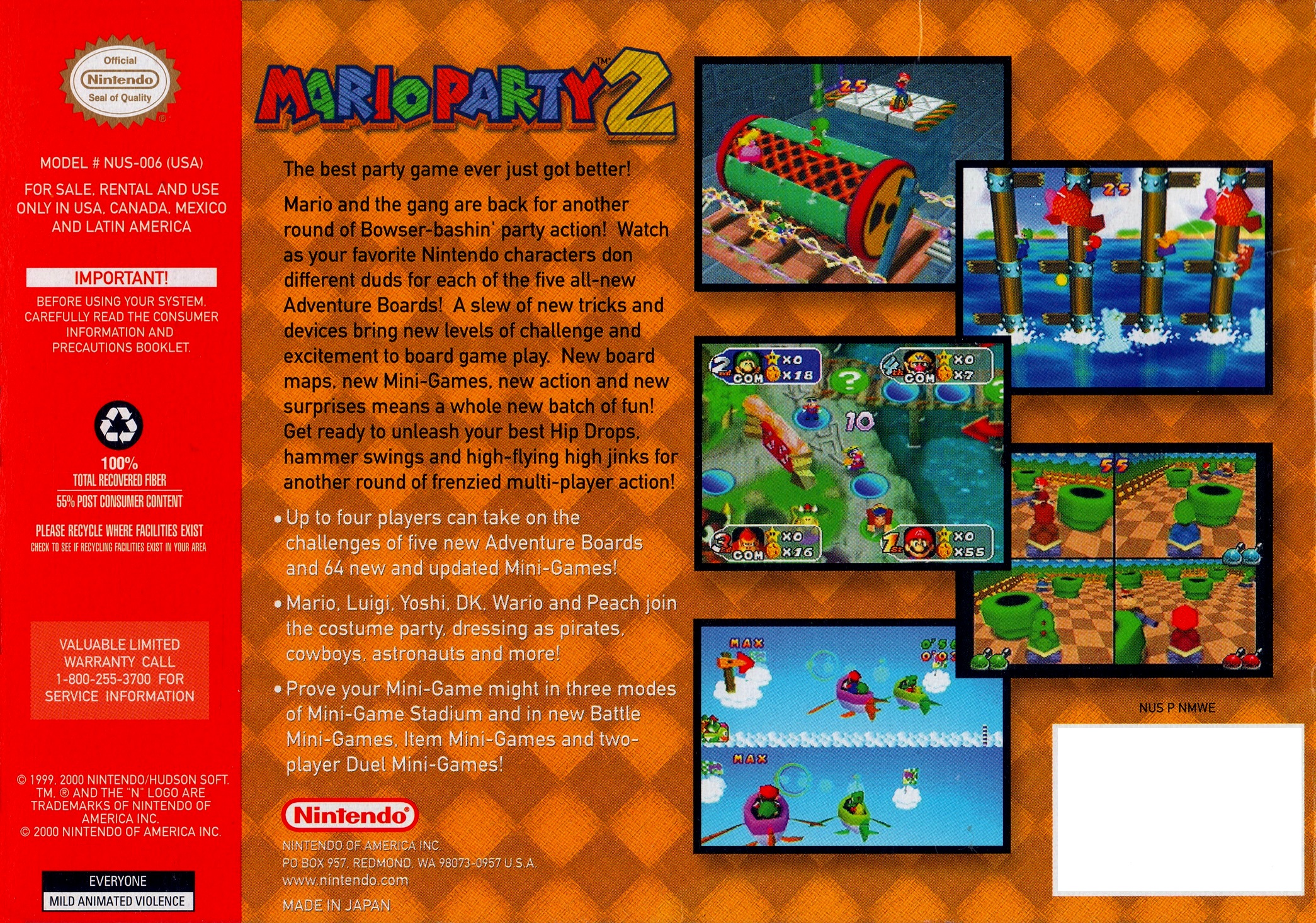
In this SQL Project for Data Analysis, you will learn to efficiently analyse data using JOINS and. This is part 2 of a 2 part course which may help staff prepare for ICDL Database module. In the next blog, we will see how I started using basic TCP connections (first version) and overtime I switched to gRPC and what why and my decision making to chose the same. SQL Project for Data Analysis using Oracle Database-Part 2. Introduction to Database Part 2 (covers ICDL DB) 3.5 hours. Be a Python Dictionary, or a Golang Map or a Java HashMap, maps are the base of any Key Value store.! So, now we know how we are going to store the data in our system. Let's ignore my ambition and focus on the simple Key Value store right now haha. Now you'd be thinking, why do we have a Range query / groupBy query in a Key Value store? This is because that is what I was trying to build - A Document database with power of Key Value store. Where is datatype useful?ĭatatypes are very useful when you need to support multiple operations in the future such as Redis has increments, MongoDB has groupBy, aggregations, etc. This tells me which type of data is stored in each key. Watch on Data Exposed Additional Resources: Learn more about. Learn more about what Private Endpoint for Azure SQL Database is in the first episode. If you see, CrankDB supports all these types of values, where DataType_JSON is the enum and correspondingly DataType (integer value) is 7. In the second part of this two-part video segment, Rohit Nayak dives deeper into the new capabilities for Azure SQL Database for Private Endpoints. If you check the cql package, I have defined this as.

To watch part one, click here.01:00 Intro to two fundamental concepts01:11 Idempotence01:50.
#DATABASE PART 2 HOW TO#
She explains why they are important and how to think about them when you are creating an Elastic Job. There are more parameters and options available.

Hugh Macleod Other options In the example we used pretty much the minimum number of parameters to make it work.

Okay, so as we talked before in the first part, we are going to build a very very simple version of CrankDB - the Key Value based database I had created. In the second part of this two-part video series, Kate Smith discusses what two things you should understand before beginning with Azure SQL Database Elastic Jobs: Idempotence, and Credentials. Virtual Private Database (Part 2) Admit that your own private Mount Everest exists.


 0 kommentar(er)
0 kommentar(er)
